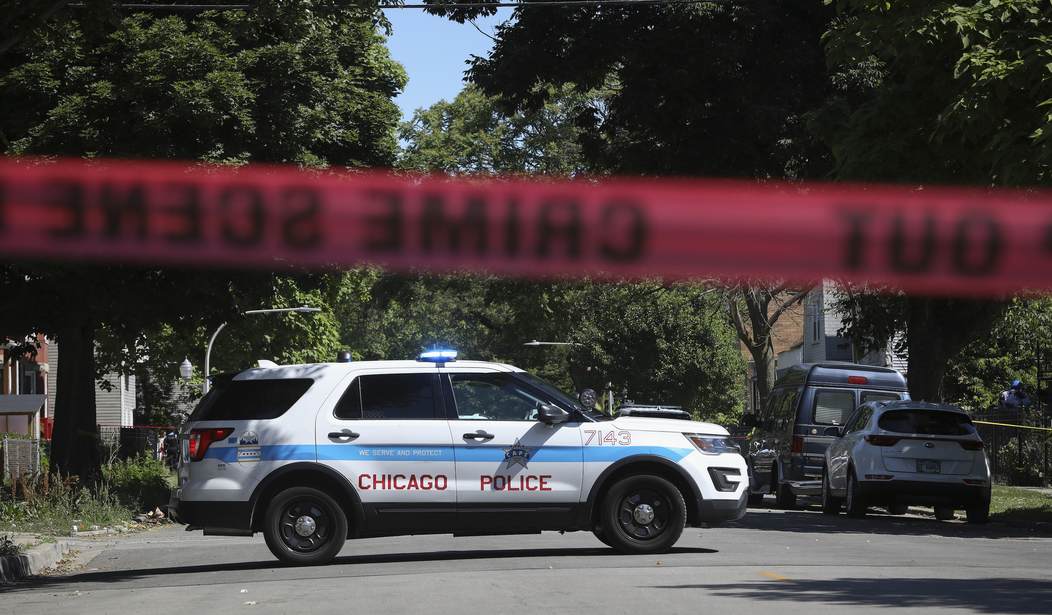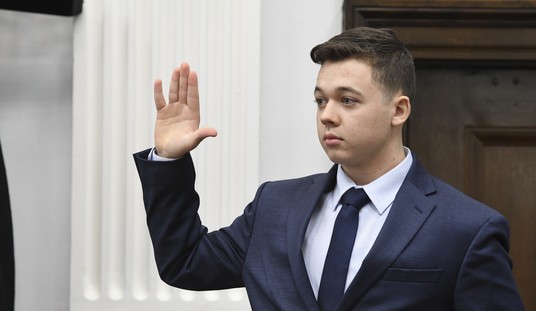It’s already against the law in Chicago (and the rest of the state of Illinois) to carry a concealed firearm without a valid license, just as it’s illegal to simply possess a firearm in your home without a Firearms Owner ID card. Those laws don’t seem to concern the city’s violent criminals much if at all, however, and on Wednesday the Chicago city council approved a contentious new ordinance that supporters say will put some teeth into state statute. Opponents, on the other hand, say the new measure is going to have a disproportionate impact on lower-income residents who simply want to be able to protect themselves with a gun.
Under the ordinance introduced by Alderman Anthony Napolitano, Chicago police will now be able to issue “administrative notices of violation” to anyone they discover possessing a gun without the proper licensing. That innocuous-sounding notice comes with the potential of a $5,000 fine and 90 days in jail for a first offense, however, and a second violation could result in fines up to $20,000 and 180 days behind bars.
Napolitano says the ordinance is needed because Cook County State Attorney Kim Foxx is failing to aggressively prosecute gun possession cases, which is only making the city a more dangerous place.
“We have over 630 homicides by guns. We have over 3,252 people shot in 2022. We need some teeth in this game as the city of Chicago. We can’t have our state’s attorney dumping all charges with this revolving-door effect. We can’t do it anymore,” Napolitano said.“In the last two years, how many repeat offenders have we seen that were gun-toting offenders back on the streets in no time, or on ankle monitors, committing crimes again?” he added. “We’re not prosecuting anybody.”Such notices normally are reserved for quality-of-life offenses. Napolitano denied his ordinance casts too broad a net and risks snaring Chicagoans who carry guns because they’re afraid of crime.“Get an FOID card and get a concealed carry card. And then, you can carry a gun like everybody else,” he said.
Well, if Chicago actually had a gun store and a range it would be a little easier for lower-income Chicagoans and those reliant on public transportation to do so. Unfortunately, the gun laws in Illinois (and Chicago itself) are seemingly designed to make it as hard as possible to lawfully exercise your Second Amendment rights; a burden that falls disproportionately on those living in low-income, high-crime communities.
Critics of the measure, including Ald. Carlos Ramirez-Rosa, call the ordinance “tough-on-crime posturing” that could actually lead to more violence, and will end up causing more harm to the good people struggling to live in bad neighborhoods.
“They want to act like they’re doing something to address gun violence when, in reality, they’re wasting limited city resources,” Ramirez-Rosa said. “I need the Law Department to focus on problem buildings. I need them to focus on building code violations. I need them to focus on litigation impacting the city. I don’t need them going after people already facing steeper fines in the criminal courts to get an additional fine that likely will never be paid because the individual doesn’t have money.”
Ramirez-Rosa argued State’s Attorney Kim Foxx “charged a record number of people” with gun offenses last year.
“But if the state’s attorney determines there’s insufficient evidence and the city then decides to go after them anyway with these fines, that could potentially further lead to mistrust with the criminal justice system,” Ramirez-Rosa said.
Ramirez-Rosa presented a letter signed by 27 different organizations including the Cook County Public Defender’s Office, which earlier this year advocated for the Supreme Court to overturn New York’s “may issue” concealed carry law on the grounds that it had a disparate impact on minorities. Chief Public Defender Sharone Mitchell, Jr. and other attorneys say the same thing is true of Chicago’s latest anti-gun ordinance.
The letter signed by the ACLU of Illinois, the Cook County Public Defender, the Chicago Council of Lawyers and a host of other legal and civil rights groups makes the argument that the “vast majority” of people accused of possessing a gun without a license are “already poor and live in low-income communities of color.”They’re primarily African American men, ages 18-24.“Most of them do not have the resources to pay fines such as those that could be imposed under the ordinance,” and a court-ordered judgment “would produce an enormous burden on the poorest families in our city,” the letter states.“Many of the people ordered to pay fines would be parents, whose wages or other income could be garnished and sent to the city instead of providing for their children. The end result of a fine-focused policy will be a two-tiered stem: one path for people with the means to pay their fines and move forward and another for people who cannot afford to pay their fines — who will forever carry this debt.”









Join the conversation as a VIP Member